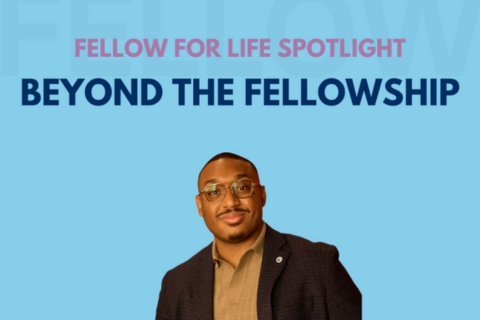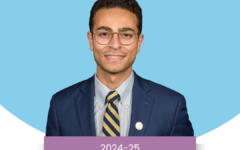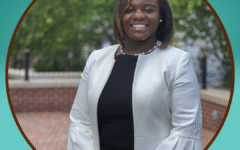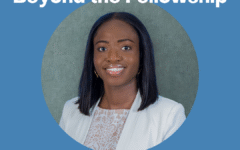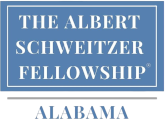Beyond the Fellowship: Insights and Experiences from Fellows for Life
October 29, 2025 2025-10-30 11:31Beyond the Fellowship: Insights and Experiences from Fellows for Life
What does leadership look like after the Fellowship year ends? In this ongoing Q&A series, we hear directly from Schweitzer Fellows for Life as they reflect on the lessons that have shaped their paths—personally, professionally, and in service to others. From career milestones to moments of impact, these stories highlight the enduring influence of the Fellowship and the many ways our alumni continue to lead with purpose.
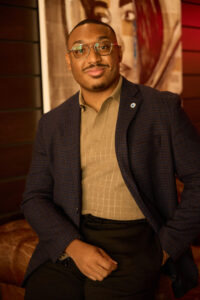
Name: Malik Rashaun Seals
Fellowship Year: 2021-2022
Q: What are you currently doing professionally or academically, and how do you feel your Schweitzer Fellowship experience has helped you in your current position?
A: I am currently an MD/PhD student at Oregon Health & Science University (OHSU), having completed the first half of medical school and now transitioning into the PhD phase of my training.
My Schweitzer Fellowship experience was instrumental in shaping how I approach problem-solving. It taught me to think critically about how interventions are implemented—emphasizing sustainability, community buy-in, and long-term impact. Just as importantly, it underscored the value of involving the very communities you aim to serve in the planning process, ensuring that solutions are not only well-designed but also truly responsive to the needs of those they are intended to benefit.
Q: What do you remember most about your Schweitzer Fellowship experience, or what was the most surprising or unexpected gain?
A: The most surprising aspect of the Fellowship was how often it prompted me to pause and reflect on the underlying “why.” Why was I implementing this project, in this community, and under these specific parameters? That habit of intentional reflection has become a lasting skill I now use daily in the laboratory, where it shapes how I design experiments.
It has also translated into the clinic—especially when explaining complex diagnoses or lab values to patients. The Fellowship trained me to distill information down to what is most relevant, making my communication clearer, more intentional, and ultimately more impactful.
Q: Tell us more about your ASF project and how you feel it helped shape your career path or academic focus.
A: My project focused on combating social isolation in older adults by increasing their technological literacy. The COVID-19 pandemic underscored the disparity in loneliness and mental health challenges faced by older adults, many of whom were not only physically but also socially cut off from loved ones and their support networks.
While technology allowed many of us to maintain connections despite the distance, those without the skills to navigate virtual platforms faced an additional barrier to community and support. Through this work, I saw firsthand how critical community and social interaction are to maintaining a sense of fulfillment and well-being.
Most importantly, the project reshaped how I think about health by drawing my attention to the social dimensions that are often overlooked in clinical settings. Recognizing how these factors can profoundly influence quality of life has shaped both my academic interests and my commitment to approaching medicine with a broader, more holistic perspective.
Q: How has the Fellowship influenced how you approach leadership, service, or community engagement?
A: Following the fellowship I began to view leadership as less of a lead from the front approach, rather a partnership with those around me I am aiming to lead. This shift dramatically affected how I approached problem-solving and communicating.
I now place a much larger focus on incorporating my team into the decision-making process, and asking for feedback on perspectives that I or the group may be lacking. I then seek out those voices. It’s a more time consuming approach but a much more thorough process and ensures I have fully thought through a problem and it’s varying solutions.
Q: What advice would you give to current or future Schweitzer Fellows?
A: This fellowship extends far beyond the scope of your project. If you fully invest in the relationships you’re building and intentionally cultivate the skills you’re developing, the impact will last well beyond this year. The lessons and experiences you gain as a Fellow will continue to shape how you approach your work and serve your community for years to come.

